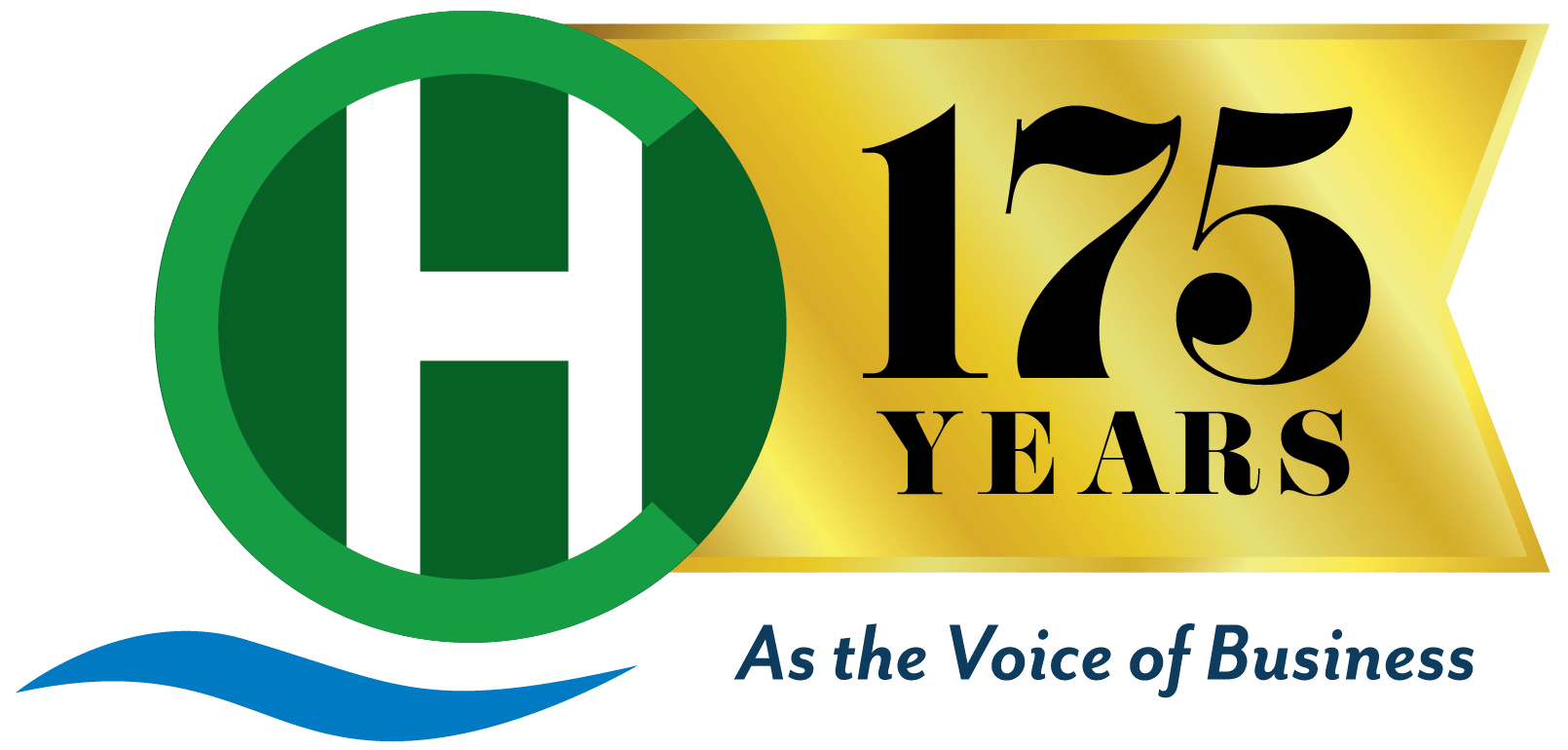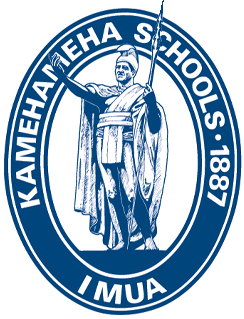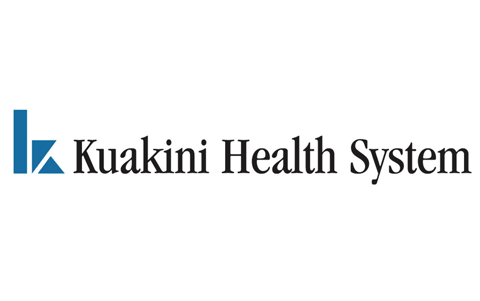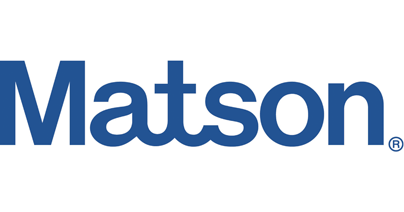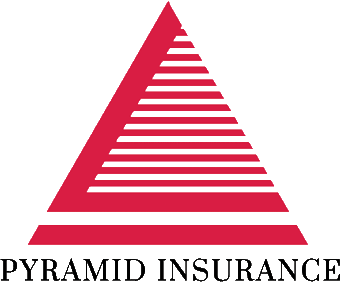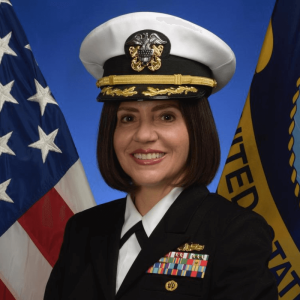
Kim Davis
Captain, Medical Corps, U.S. Navy
Fleet Surgeon, Commander U.S. Pacific Fleet
Captain Davis is a Mentor Hawaii Cohort 10 mentor. Learn more about the program here.
About Captain Davis
Captain Kim Davis is a board certified physician and healthcare executive with over three decades of federal service. Captain Davis graduated Magna Cum Laude from The University of Texas at Austin and was awarded a full scholarship from the U.S. Navy, earning her Medical Doctorate in 1996. She completed Ophthalmology Residency and Glaucoma Surgery fellowship. Captain Davis completed a Masters of Business Administration with a certificate in Healthcare Administration. She also achieved Highest Distinction studying military strategy at the Naval War College.
In her 32 years of active duty military service, CAPT Davis proudly built winning teams and served in various teaching and leadership roles to include Residency Program Director, Specialty Leader , and Director of Public Health and Surgical Services, and Commanding Officer (Chief Executive Officer) Naval Health Clinic Annapolis Maryland. Previously in Hawaii, she served as Executive Officer (Chief Operations Officer) Naval Health Clinic Hawaii, managing a team of 750 personnel supporting 6 Navy clinics across the islands. Operationally, Captain Davis served a dual role as U.S. Navy South/Commander Fourth Fleet Surgeon in Florida. She successfully supported global outreach missions in the Caribbean, South and Central America, building upon her work as an ocular surgeon, educator, and planner on the Pacific Partnership mission. Immediately prior to this assignment, CAPT Davis led a team of 6,000 medical professionals as Director (CEO) of Naval Medical Center San Diego, the largest and most comprehensive military healthcare system in the Western United States consisting of a tertiary medical center with 100 specialties and 17 clinics supported by over 6000 medical professionals. Here in historic Pearl Harbor, she serves as the Fleet Surgeon for Commander Pacific Fleet, leading a dynamic team of subject matter experts to ensure quality healthcare delivery, maximal human performance, contingency operations preparedness, and readiness of sailors and military families.
Captain Davis received numerous military decorations to include the Legion of Merit (three awards). At the national level, she was recognized as the 2022 American Hospital Association Federal Health Care Executive of the Year, 2017 ACHE Navy Regent Senior-level Healthcare Executive, and 2014 Military Health System Navy Junior Female Physician Leader of the Year.
Question and Answer with Captain Davis
What is your preferred communication style when mentoring (in-person, video conference, phone, informal check-ins, structured meetings, etc.)?
In-Person Meeting, Video Conference, Phone, Informal Check-In, Activity, Meal
Why do you want to become a mentor in this program?
I have a passion for inspiring those interested in pursuing higher education in science, technology, engineering, and math fields. At the United States Naval Academy, we served as a sponsor family for 4 Midshipmen. It gave us great pride to encourage young men and women looking to serve their country.
What specific skills, knowledge or experience can you share with your mentee?
– Understanding of the process to pursue advanced degrees in medical and science/technology fields
– Cultural appreciation from duty stations across the country and overseas
– Global health engagement
– Navigation of professional career and family
What are your expectations for a mentor-mentee relationship?
– Mutual learning
– Sharing of professional journey and future dreams
– Develop and maintain a relationship beyond this program
How do you approach problem-solving and conflict resolution?
I approach problem solving by asking the person voicing the problem for their solutions for solving it. If there are identified barriers, we talk through those and see which we have control to move or other ways to minimize those we cannot. In terms of conflict resolution, a trusting relationship allows directly addressing concerns early to ensure the relationship and task remain on track and to avoid misperceptions.
How do you envision success for your mentee, and how will you measure it during the program?
Success for the mentee comes from achieving and/or working towards a set personal or professional goal. Sometimes goals change through a period of self-discovery and that is certainly success too. I believe the program could measure success short term in terms of making a professional connection.
